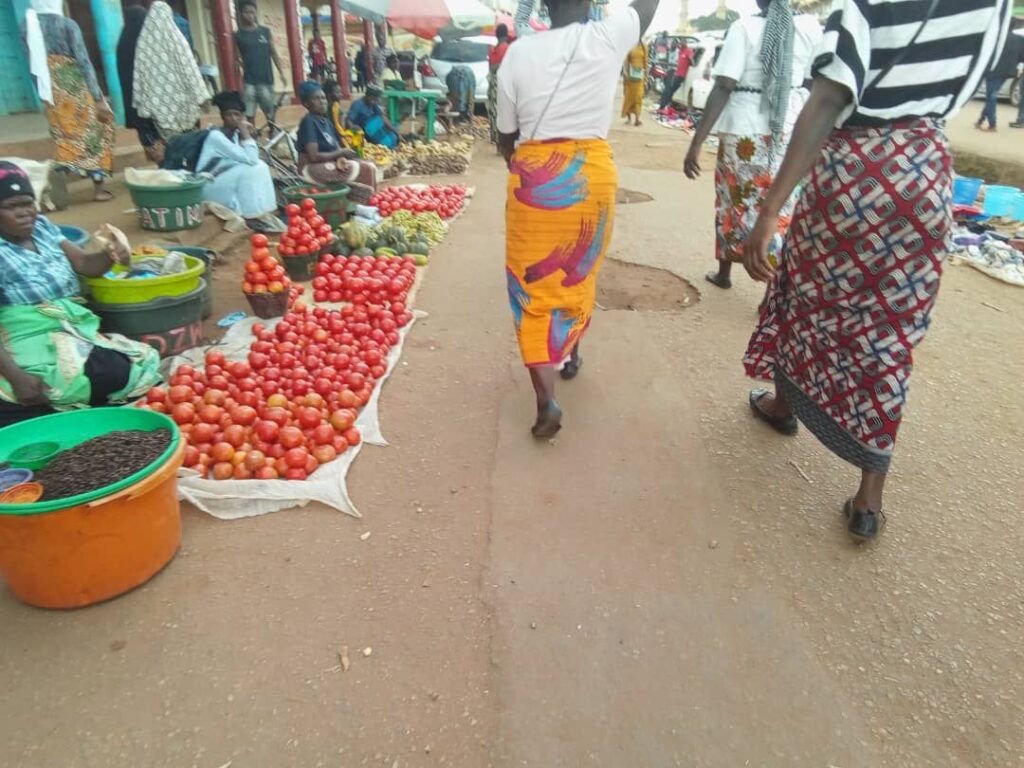By Burnett Munthali
On Sunday, November 10th, I took a trip to my office to address a few administrative tasks. During my visit, I had a brief conversation with a group of security guards stationed at the main gate. As lunchtime approached, I learned that they had not been able to contribute toward their meal because they were broke. The struggle they described was palpable, and I ended up covering their lunch. Their gratitude was heartfelt, yet the financial hardship they faced left a deep impression on me, one that resonated as I spoke with others in Lilongwe’s working and business communities.
The reality of struggling small businesses
Later in the day, I made my way to Lilongwe’s main market near the bus depot. I engaged with a hardware shop owner about the current state of business. His response was disheartening: “Business inayima kale kale—zinthu sizikuyenda ndipo sitikudzuwa kuti tingachite chiyani,” which translates to “Business has stopped long ago—things aren’t going well, and we don’t know what to do.” This sentiment was not unique to him.
I also spoke with a vendor who sells decoders. His frustration was clear as he explained that business had “effectively stopped,” leaving him in a perpetual state of struggle. Though the streets were teeming with people, he pointed out that most were simply walking around with no intention of buying anything. “You will notice movement of many people, for example, during Christmas, but they just walk around town without even a plastic jumbo, and you rarely see people entering shops to buy because they have no money,” he lamented.

The impact of the Kwacha’s depreciation
One of the major issues fueling these struggles is the rapid depreciation of the Malawi Kwacha. Unfortunately, this is often overlooked in mainstream discourse. Vendors only realize how much the Kwacha has weakened when they attempt to place orders for goods. For many, it becomes clear that prices have escalated, but they are unable to adjust quickly enough to stay afloat. As one vendor put it, “Life is tough today, and survival is even harder.”
This devaluation not only impacts individual livelihoods but has a devastating ripple effect across the economy. The high cost of imports, combined with the declining exchange rate, is creating a severe cash flow crunch for businesses and pushing up the cost of living.
Foreign business owners struggling in Malawi
I also spoke with a Pakistani businessperson who had settled in Malawi, and his story mirrored the challenges faced by many local business owners. Once, his shop was a thriving hub for goods, with products flying off the shelves. Now, customer inquiries have become more frequent, but actual purchases are few and far between. He told me that a container of goods that would have been sold within a month or two in 2019 now takes over a year to clear. The combination of forex shortages, a weakening Kwacha, and high taxes from the Malawi Revenue Authority (MRA) has made the business environment unsustainable. “It’s very unsuitable for business,” he shared, his frustration echoing the sentiments of many others.
The business owner’s plight is not unique. Many small and medium enterprises (SMEs) are facing the same dilemma—struggling to keep their doors open with rising operating costs, and a customer base that is simply unable to spend. It’s becoming increasingly common to see shops displaying products, but unable to make any sales. Some businesses are even being forced to close down due to the unrelenting strain.
The strain of fuel shortages
To add to the growing list of challenges, I spoke to a taxi driver who, like many in the transport sector, is feeling the squeeze of fuel shortages. This ongoing issue has caused significant disruptions to his business and has left him frustrated. As he put it, “boma ndi lomweli tingosintha Chipani chaka Cha mawa basi”—”the government is the same, we need to change the political party in next year’s elections.” This sentiment of frustration is widespread among many in Malawi’s working class, as they feel that the current leadership is not addressing the core economic issues that are threatening their livelihoods.
A stagnant economy and urgent need for reform*
The conversations I had on November 10th painted a stark picture of Malawi’s economic reality. From the security guards to the business owners and the taxi drivers, the common thread was clear—struggling to survive in a stagnating economy. The rapid depreciation of the Kwacha, the rising cost of living, and the lack of access to forex for businesses have combined to create an environment in which staying afloat is an overwhelming challenge.
The real cost of these economic struggles extends far beyond financial hardship—it affects the fabric of society itself. Families are unable to meet basic needs, businesses are closing, and unemployment is climbing. The daily grind for survival has left many feeling powerless and increasingly disillusioned.
For the country to move forward, there is an urgent need for comprehensive economic reform. The Malawi government must find ways to stabilize the currency, address forex shortages, and reduce the cost of doing business. The pain felt by the working and business community cannot be ignored, and immediate action is required to prevent further decline.
Conclusion
The current state of affairs in Malawi reflects a nation in distress, with both individuals and businesses struggling to stay afloat amidst rising costs and a depreciating currency. The need for effective economic policies and leadership has never been more urgent. As the nation approaches the next election, it remains to be seen if the people’s frustrations will be translated into real political and economic change. However, one thing is clear—the working and business community in Malawi can no longer afford to wait. Immediate action is needed to provide relief and create a sustainable future for all.










